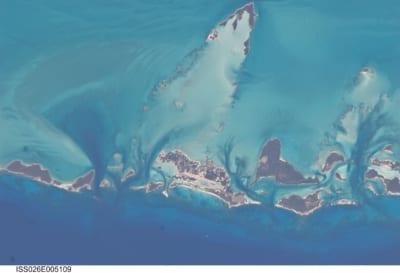
Toxic brine from desalination plants
A new study has highlighted the problem of brine discharged from desalination plants. More than half the brine comes from Saudi Arabia, the United Arab Emirates, Kuwait and Qatar, with Saudi Arabia alone accounting for 22%. 3 countries – the Maldives, Malta and the Bahamas – meet all their water needs with desalination.
Read more
We only have 12 years to save the earth!
Flash, I love you! But we only have 12 years to save the Earth! In the film of Flash Gordon, NASA scientists claim the unexpected eclipse and strange hot hail are nothing to worry about. Not so in our current reality. The most recent Intergovernmental Panel on Climate Change (IPCC) report has warned that we […]
Read more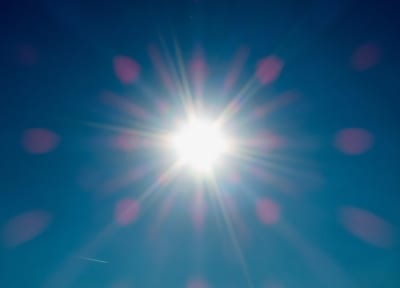
Summertime and the livin’ isn’t easy
The UK Climate Projections 2018 study says that summer temperatures could be 5.4C hotter by 2070. The chances of having a summer as warm as this year’s summer (2018) is currently 15-20%. That’s going to rise to 50%. In other words, as likely as not. The warmer summers will also be much drier, with average […]
Read more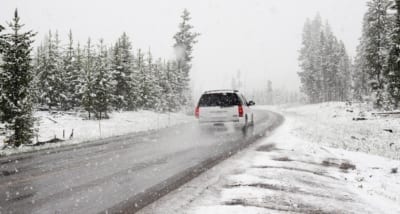
Are water firms ready for extreme weather events?
Ofwat, the UK water regulator, is set to take a hard line with water companies this winter if bad weather strikes again. A spokesperson for the regulator says it expects all companies to ‘show they have learned lessons and are prepared for whatever the weather brings.’
Read more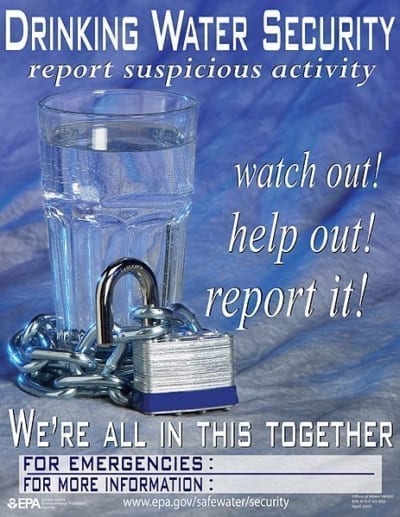
Mind the gap
Ari Mahairas is the special agent in charge of the Special Operations and the Cyber Division at the F.B.I.’s New York field office. Peter J. Beshar is the general counsel of the Marsh & McLennan Companies, and has testified frequently before the US Congress on cybersecurity. The two have written an article in the New […]
Read more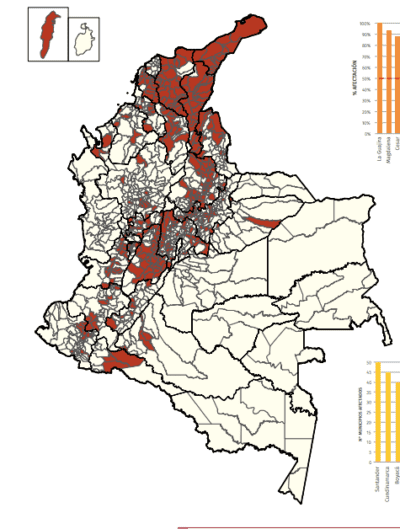
35% of Colombia’s municipalities face water shortages
The Colombian Ministry of Environment and Sustainable Development and the Institute of Hydrology, Meteorology and Environmental Studies has announced the publication of the National Water Study 2018. Colombia has 1,122 municipalities. In 2014, 318 were identified as being susceptible to water shortage. In 2018, that has risen to 391. A 23% rise in just 4 years.
Read moreEnvironmental extremists and overzealous bureaucrats
We often cite as the challenges that water companies face: increasing and urbanising population, ageing infrastructure, water scarcity and more extreme weather events, more demanding customers, an ageing workforce, and difficulties in raising or accessing capital. The congressmen who are pictured around the President of the United States of America when he signed the Presidential […]
Read more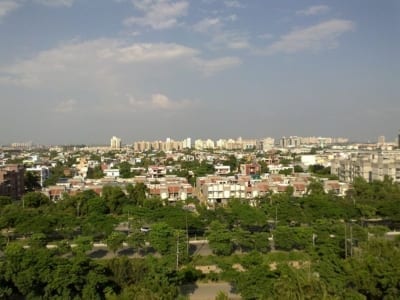
No water for 300 families in Greater Noida for 2 days
Greater Noida City is a north Indian city with a population in excess of 100,000, located in the Gautam Budh Nagar district of the northern state of Uttar Pradesh. A valve in the pipeline failed on Saturday. Residents complained about the lack of water. Water tankers were dispatched to provide temporary supply. Supply was resumed on Sunday […]
Read more
Water wars
You may think that the Cape Town water crisis is over. But we can only really say that we’re past the peak reporting of it. There’s a fascinating article in the Columbia Journalism Review about the phrase ‘Day Zero’ and the media campaign masterminded by PR agency Resolve Communications.
Read more
Next generation network monitoring
Next generation network monitoring. Coming soon from i2O… A network monitoring system that: Monitors the network for problems caused by bursts, leaks, changes in customer demand, theft, transients, engineering work, network design issues Reports on the condition of assets in the network: pipes, PRVs, valves, pumps, flow meters, loggers, controllers, actuators Reports on network performance
Read more
Why go into the office?
There are certainly downsides to working from home: Social isolation Lack of support and input from colleagues Interruptions and distractions IT issues
Read more
Need a dam? Try crowdfunding
Water companies face many challenges. Increasing and urbanising population, more extreme weather events, ageing network infrastructure, an ageing workforce, and customers becoming more demanding. The problem is they don’t have more money to address these challenges.
Read more